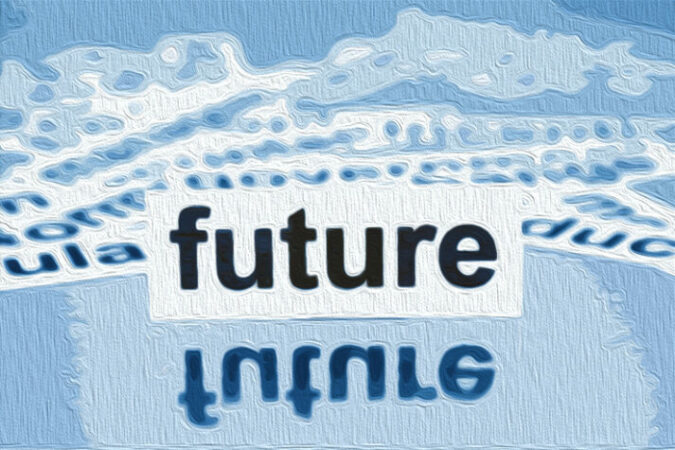New Rules Disqualify EVs with Chinese Parts from Tax Breaks
The White House has recently introduced new rules aimed at reducing China's presence in the US electric vehicle (EV) market. These rules disqualify EVs that contain Chinese parts from receiving a crucial tax break. This move comes as the US seeks to challenge China's dominance in the global electric battery supply chain. Despite the efforts of key US automakers like Tesla and Ford to use Chinese technology in their electric cars, the White House is determined to restrict their reliance on Chinese materials and components.
The Inflation Reduction Act and its Impact on EV Tax Breaks
Under the Inflation Reduction Act (IRA), which was passed by Congress last year, buyers of US-made EVs were eligible for a $7,500 tax break per vehicle. However, the IRA blocked all foreign-made electric vehicles from receiving tax breaks in order to protect the US EV market. With the introduction of the new regulations, EVs that contain battery components manufactured by a "foreign entity of concern" will no longer be eligible for the $7,500 tax break starting from 2024.
Stricter Rules from 2025
Starting from 2025, the rules will become even stricter. Eligible EVs will not be allowed to contain any critical materials that are extracted, processed, or recycled by foreign-controlled entities. These regulations aim to reduce the reliance of US auto manufacturers on China, which currently dominates the global EV battery supply chain. China has cornered the market on crucial materials like cobalt, lithium, manganese, and nickel, making up 90% of the global EV battery supply chain.
Challenges for US Auto Manufacturers
The new restrictions pose challenges for US auto manufacturers, as they have traditionally relied on China for their battery technology. China's booming electric car market now accounts for 64% of global EV production, while the American EV market has faced setbacks with legacy automakers reducing investment and cutting back on targets. In an effort to catch up, the US government has allocated $200 million from the IRA to build a complete battery supply chain within the country.
Reluctance to Ditch Chinese Know-How
Despite the push to reduce China's influence, some companies are still hesitant to completely abandon Chinese technology. Ford, for example, faced backlash after announcing plans to utilize technology from Chinese firm CATL in its new $3.5 billion Michigan battery plant. Even Tesla, led by Elon Musk, sources key components from China. However, there are arguments that restrictions should only apply to major battery parts rather than smaller components and minerals mined in China.
Sources: Business Insider
—————————————————————————————————————————————
By: tcarter@insider.com (Tom Carter)
Title: The White House Takes Action to Limit China’s Influence in the US EV Market
Sourced From: www.businessinsider.com/white-house-new-rules-to-keep-china-out-ev-market-2023-12
Published Date: Mon, 04 Dec 2023 11:16:55 +0000




Leave a Reply